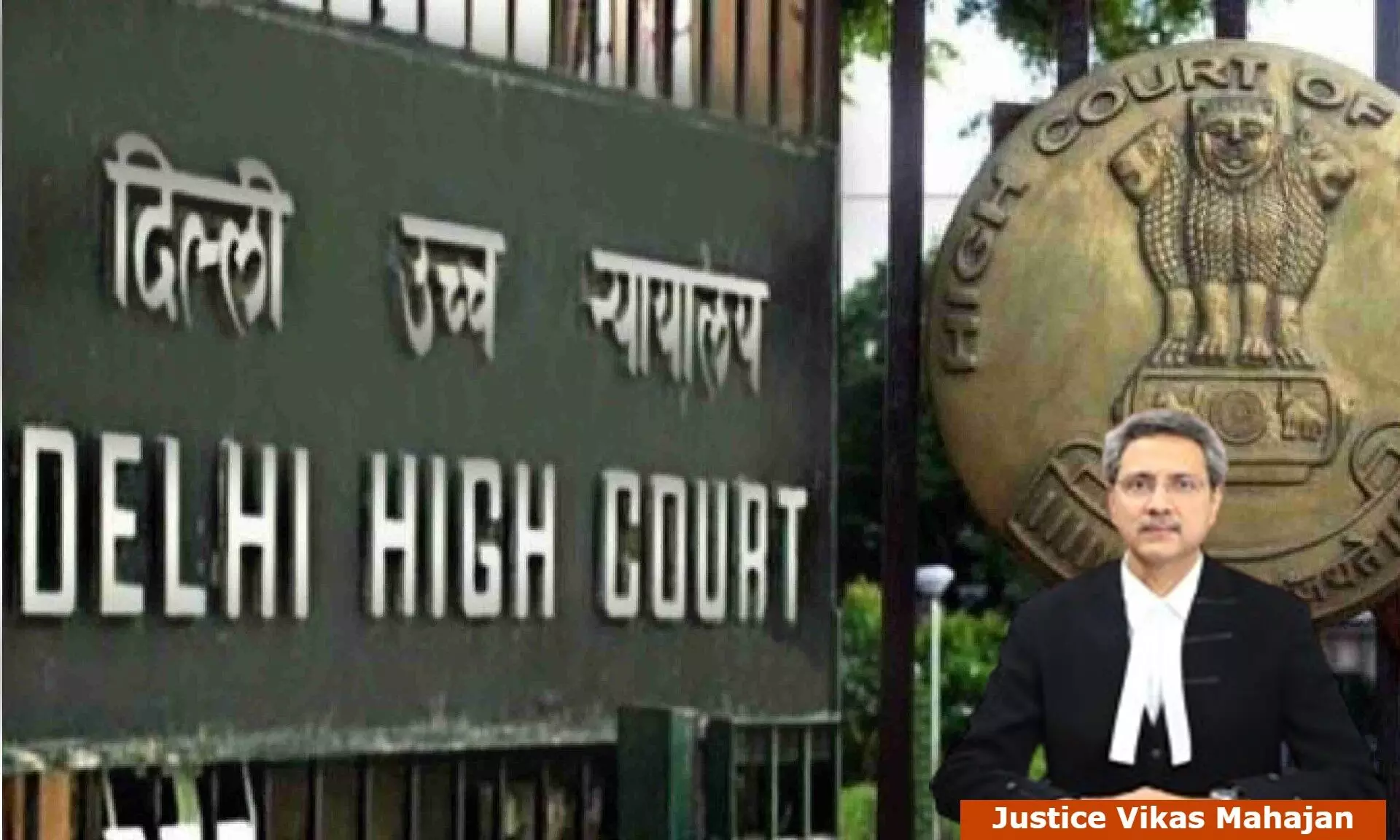
Detention Is Not Supposed To Be Punitive/ Preventive And Seriousness Of Allegations Are Not Only Considerations For Declining Bail: Delhi HC
 |
|The Delhi High Court has granted bail to a man, who was arrested and charged with human trafficking, rape, and sexual assault, after being nearly five years in custody.
The High Court held so while considering a petition by Parvez Ahmed Sheikh (petitioner), seeking regular bail in an FIR registered under Section 366A/363/372/373/376/377/368/174-A/109/34 Indian Penal Code, 1860 and under Sections 3/4/6 of Immoral Traffic Prevention Act, 1956 and Section 23/26 of Juvenile Justice (Care and Protection of Children) Act, 2000.
A Single Judge bench of Justice Vikas Mahajan observed that “The object of keeping a person in custody is to ensure his availability to face the trial and to receive the sentence that may be awarded to him. Detention is not supposed to be punitive or preventive. The seriousness of allegations or the availability of material in support thereof are not the only considerations for declining bail. Delay in the commencement and conclusion of the trial is a factor to be taken into account and the accused cannot be kept in custody for an indefinite period if the trial is not likely to be concluded within a reasonable time”.
Senior Advocate Mohit Mathur appeared for the Petitioner, whereas Advocate Richa Dhawan appeared for the Respondent.
As per the brief facts, the case against the petitioner revolved around information received by the police regarding the forcible confinement and prostitution of minor girls in the GB Road area. A raiding team was formed, resulting in the rescue of 10 girls. One of the rescued girls stated during her Section 161 CrPC statement that after her parents passed away, she went to Pune in search of a job, where she stayed for about two years. During her time in Pune, she met an unknown boy who persuaded her to come to Delhi with the promise of a job but instead sold her to a woman named Rani. Subsequently, victim was coerced into sexual relations under threats. She accused the petitioner, who resided in the brothel, of assisting Rani and Reshma in compelling her to engage in sexual acts against her will. Victim also alleged that the petitioner physically abused her and prevented her from leaving the brothel. When the police attempted to search for the petitioner, he was found to be absconding and was declared a proclaimed offender. He was later apprehended by the crime branch and subsequently arrested.
After considering the submission, the Bench observed that the prosecution's case relied heavily on the statement of a prosecution witness who purportedly supported the prosecution's case, and noted that while the probative value of her testimony would be determined by the Trial Court during the trial, at this stage, even accepting her statement at face value, it was crucial to recognize that she admitted not knowing the name of the present petitioner.
Additionally, the Bench noted that one prosecution witness statement lacked corroboration from other witnesses, as other witnesses failed to identify the present petitioner, and pointed out that, prima facie, the statement of witness suffered from self-contradiction.
The Bench found that while the detailed and comprehensive examination of evidence should not be conducted during the bail application stage, it can be examined to some extent for the specific purpose of determining whether there is a prima facie case in favour of the accused that justifies granting bail and providing reasons for it.
The Bench further observed that, although the prosecution claimed the petitioner to be the main accused and the owner of the brothel, no documentary evidence such as a sale deed, lease deed, or any other document had been presented as evidence to support this contention.
The Bench also stated that the delay in the commencement and conclusion of the trial should be considered, and if the trial is not expected to conclude within a reasonable time, the accused cannot be kept in custody indefinitely.
The High Court emphasized that it could not overlook the fact that the petitioner had been in custody for nearly four years and ten months, and furthermore, the prosecution had listed a total of 39 witnesses, of which 13 were yet to be examined.
Therefore, elucidating that such situation would inevitably result in a protracted trial, the High Court concluded that keeping the petitioner in detention would not serve any useful purpose.
Cause Title: Parvez Ahmed Sheikh v. State (Govt. of NCT of Delhi) [ 2023: DHC: 7336]
Click here to read/ download the Judgment